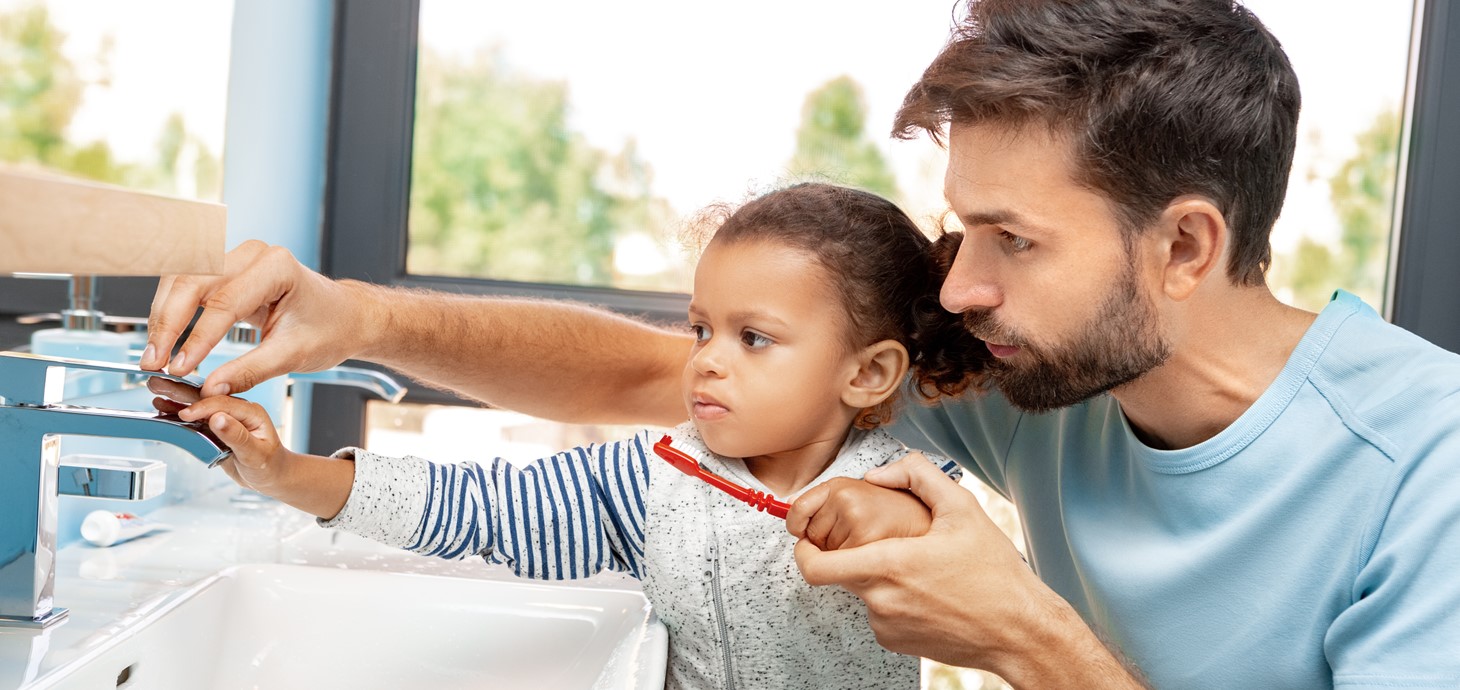
Swansea University is working with the University of South Wales (USW) to highlight the unique challenges asylum seekers and refugees face in maintaining good oral health and the broader implications for their overall wellbeing.
Having identified that there is very little research on this subject in Wales, the team, led by Dr Anne-Marie Coll, Associate Professor for Nursing and Health at USW, secured funding from the Research Innovation Group at USW’s Faculty of Life Sciences and Education for an exploratory study into this critical issue.
The study is a collaboration with Displaced People in Action (DPIA), a charity that works daily with people seeking sanctuary.
Through interviews with a small group of case workers supporting asylum seekers and refugees, the team has identified key similarities on the topic of oral health, such as language barriers, financial difficulties, and culture.
Dr Ashra Khanom, Senior Research Fellow at Swansea University Medical School, said: “The HEAR (Health Experiences of Asylum Seekers and Refugees) Study identified dental care as one of the key areas of concern for both people seeking sanctuary and health care providers.
“Our oral health study sets out to address this need by developing a novel approach to preventative care. The insights gained have the potential to be disseminated to other vulnerable groups.”
Dr Anne-Marie Coll added: “Oral health is the second highest unmet need in people seeking sanctuary.
“We are examining the profound impact that poor oral health can have on refugees, including the inequity of access to oral healthcare.
"Our goal is to provide insights that can inform policies and improve healthcare services for these vulnerable communities, as well as education on oral health prevention programmes.
“We are in the process of applying for more funding to extend this research wider. If we are successful, we hope to devise workshops on health topics, such as oral health, diet, and how the NHS works. When people come here, these things are not familiar to them. DPIA has been invaluable in helping to progress this research, and we hope to train caseworkers to roll out these workshops.”
The research group involved in this study also includes USW’s Dr Teresa Filipponi, Dr Dilini Ratnayake, Dr Wayne Richards and Emeritus Professor Jamal Ameen.
